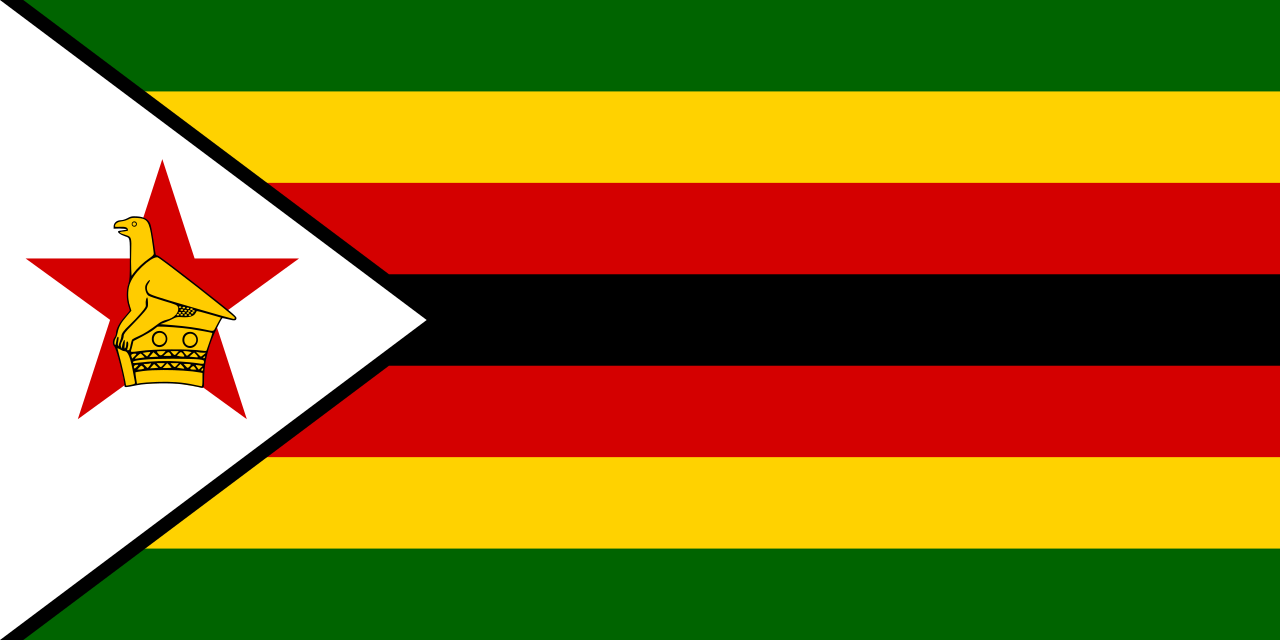The UK annexed Southern Rhodesia from the former British South Africa Company in 1923. A 1961 constitution was formulated that favored whites in power. In 1965 the government unilaterally declared its independence, but the UK did not recognize the act and demanded more complete voting rights for the black African majority in the country (then called Rhodesia). UN sanctions and a guerrilla uprising finally led to free elections in 1979 and independence (as Zimbabwe) in 1980. Robert MUGABE, the nation's first prime minister, has been the country's only ruler (as president since 1987) and has dominated the country's political system since independence. His chaotic land redistribution campaign, which began in 1997 and intensified after 2000, caused an exodus of white farmers, crippled the economy, and ushered in widespread shortages of basic commodities. Ignoring international condemnation, MUGABE rigged the 2002 presidential election to ensure his reelection.
In April 2005, the capital city of Harare embarked on Operation Restore Order, ostensibly an urban rationalization program, which resulted in the destruction of the homes or businesses of 700,000 mostly poor supporters of the opposition. MUGABE in June 2007 instituted price controls on all basic commodities causing panic buying and leaving store shelves empty for months. General elections held in March 2008 contained irregularities but still amounted to a censure of the ZANU-PF-led government with the opposition winning a majority of seats in parliament. Movement for Democratic Change - Tsvangirai opposition leader Morgan TSVANGIRAI won the most votes in the presidential poll, but not enough to win outright. In the lead up to a run-off election in June 2008, considerable violence against opposition party members led to the withdrawal of TSVANGIRAI from the ballot. Extensive evidence of violence and intimidation resulted in international condemnation of the process. Difficult negotiations over a power-sharing "government of national unity," in which MUGABE remained president and TSVANGIRAI became prime minister, were finally settled in February 2009, although the leaders failed to agree upon many key outstanding governmental issues. MUGABE was reelected president in June 2013 in balloting that was severely flawed and internationally condemned. As a prerequisite to holding the election, Zimbabwe enacted a new constitution by referendum, although many provisions in the new constitution have yet to be codified in law.
Zimbabwe is semi-presidential republic.
Source: CIA World Factbook
Members:
Resources
Displaying 46 - 50 of 59Immovable Property (Prevention of Discrimination) Act [Chapter 10:12].
This Act makes provision with respect to prevention of discrimination in relation with sale, lease or disposal of immovable property and the financing of any such sale, lease or disposal. The Act defines offences and defences in any criminal proceedings for an offence in terms of this Act.
Administrative Court Act [Chapter 7:01].
This Act establishes of the Administrative Court, defines its jurisdiction and provides with respect to legal proceedings at the Court and related matters. The Court shall have such jurisdiction, powers and authority as may be conferred upon it by this Act or any other enactment.
Estate Duty [Chapter23:03].
This Act imposes an estate duty upon the estates of deceased persons.
Deceased Estates Succession Act [Chapter 6:02].
This Act concerns the administration and other aspects of estates subject to intestate succession. The Act deals with aspects of succession such as entitlements of heirs, (agreements on) division of property and sale.
Wills Act [Chapter 6:06].
This Act concerns the making, revocation and effect of wills. Any person who has capacity pursuant to this Act to make a will may therein: (a) make provision for the transfer, disposal or disposition of the whole or any part of his estate; and (b) make provision for the custody or guardianship after his or her death of any of his minor children; and (c) make any other lawful provision, disposition or direction, whether in respect of his or her own or any other property or in respect of any other matter.


